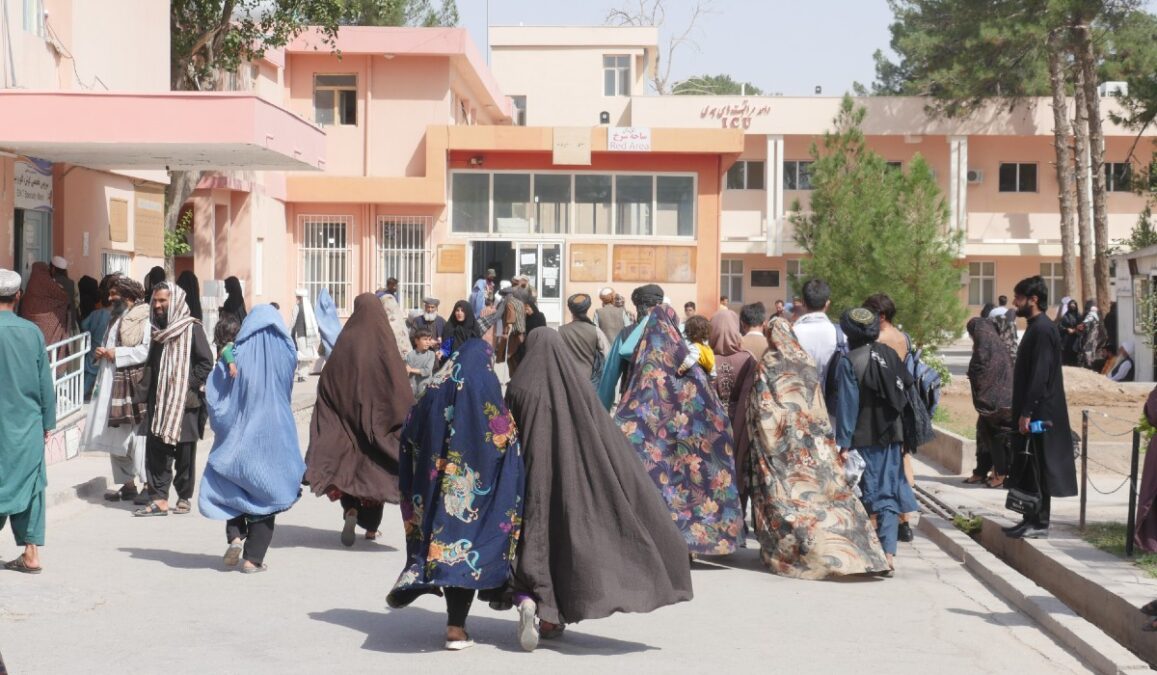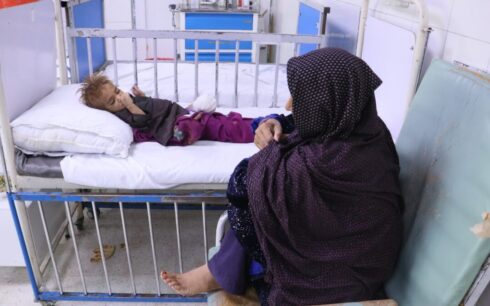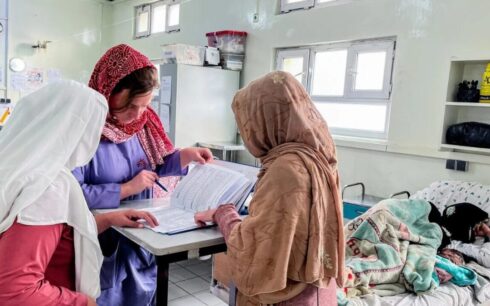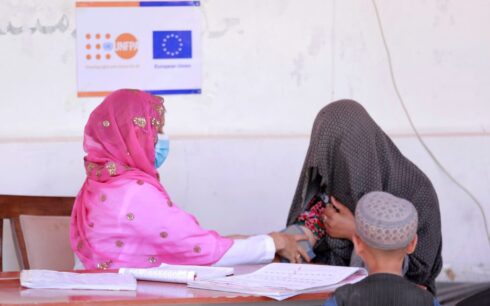On World Patient Safety Day, marked annually on September 17, people across Afghanistan spoke out about the poor quality of pharmaceutical drugs sold on the local market and the lack of access to decent health care.
According to the World Health Organization (WHO), this year’s safety day was observed under the theme ‘Engaging patients for patient safety’. However, for people in Afghanistan, ‘safety’ is often missing for them regarding safe medication and access to health care services.
The day also highlights the crucial role patients, families, and caregivers play in the safety of health care, according to the WHO.
However, this year’s World Patient Safety Day comes amid a health sector crisis in the country, as aid organizations continue to cut assistance.
The International Committee of the Red Cross (ICRC) recently said it was forced to cut financial assistance to 25 hospitals in Afghanistan due to funding constraints.
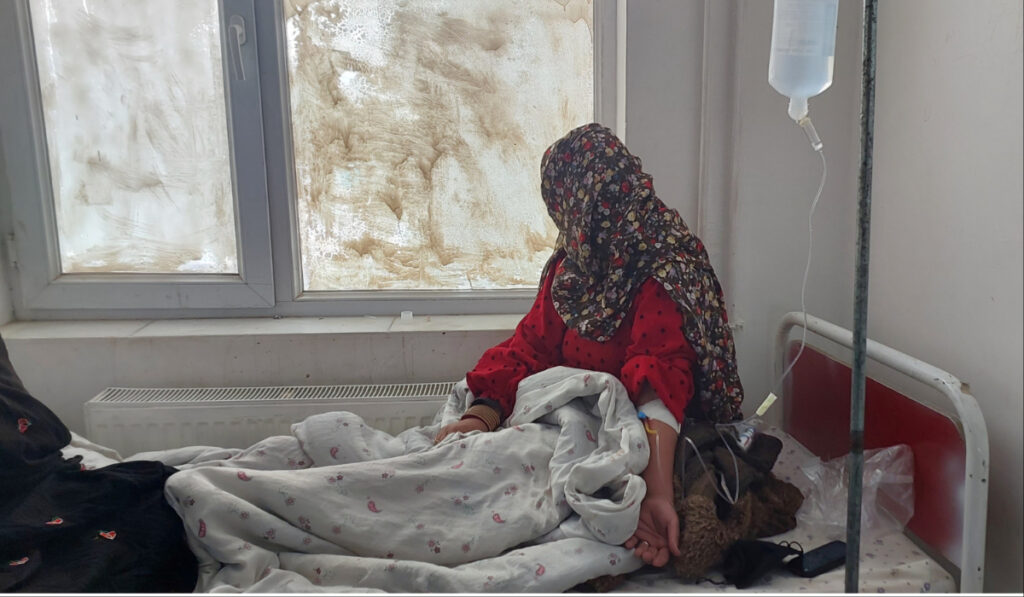
Internal medicine specialist, Javad Fardin, meanwhile said that many people suffering from medical concerns are turning to pharmacies for help instead of doctors and specialists as they simply cannot afford health care.
“The patients, because of their economic problems, are turning to pharmacies, herbal medicine or make their own [medicine] or they turn to unprofessional people and take medicines which have side effects,” he said.
People across the country also said there is a shortage of healthcare facilities and clinics, and pharmaceutical drugs sold at pharmacies are often of poor quality.
Mohammad Mohsin, from Badghis province, said he had to travel to Kabul for medical help as there were no decent healthcare facilities in his province.
“I have come from Badghis. It was very difficult for me to come here. The drivers charge us high fares. There are no good doctors and health workers in Badghis,” he said.
Some patients meanwhile accused doctors of being corrupt and said they write prescriptions for expensive medicine that are only sold at select pharmacies.
Mohammad Hossein, a resident of Herat, said that his son has been hospitalized for 27 nights.
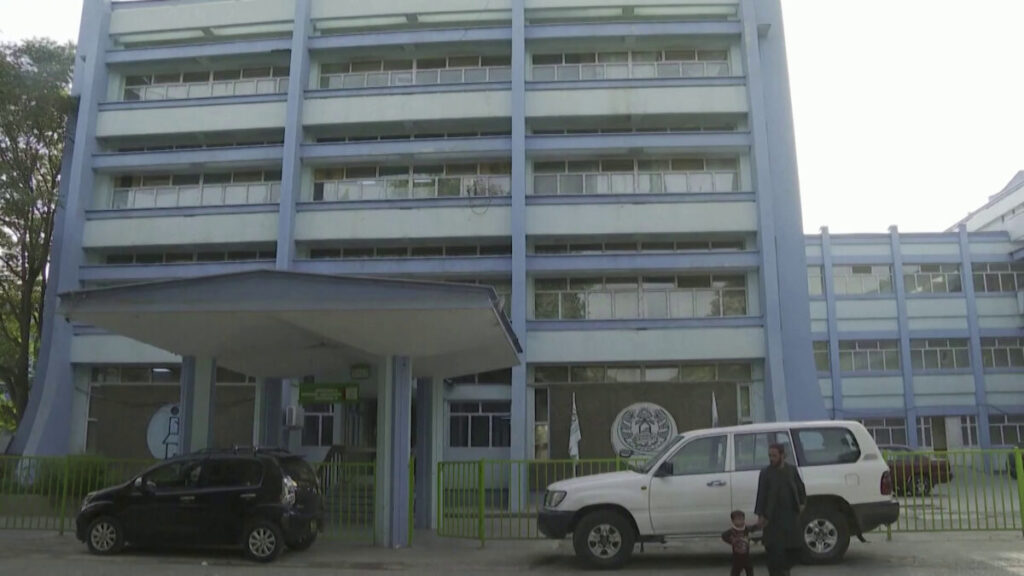
“The doctor gave me a prescription for some medicines. Some of them were found and some were not. Everywhere you go, they give you new prescriptions and prices are two or three times higher than the main price,” he said.
Mohammad Amin, a resident of Farah voiced the same concern.
“They give you medicine and take your money. I came to the city because the price is a bit fair here,” he said.
In keeping with World Patient Day, the WHO has said that global awareness needs to be raised to improve patient safety.
The organization also stated that patients and families need to be actively involved in their own health care and in the improvement of the safety of health care.

